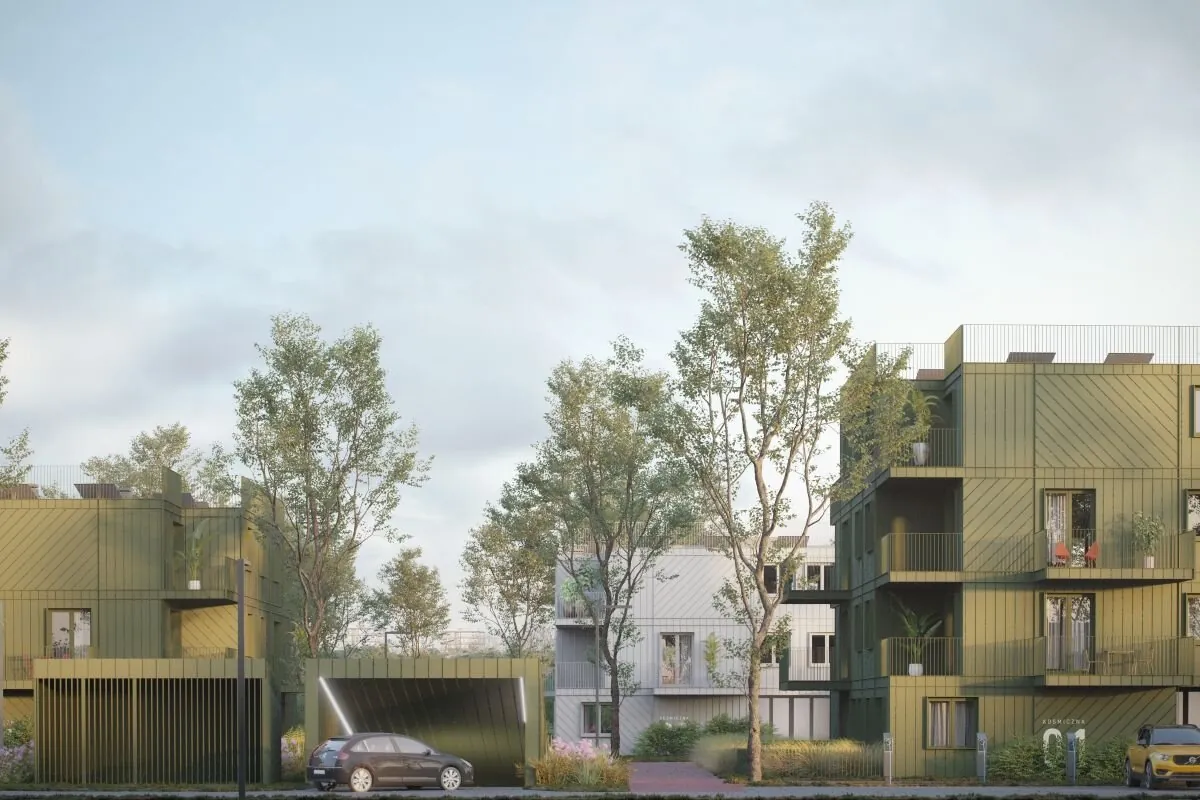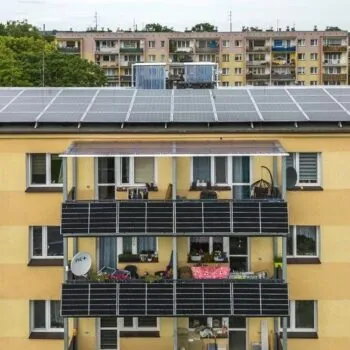The transition of Europe’s building stock is not just an environmental necessity, but also a social and an economic imperative. Our research in Denmark and Poland shows that delivering homes that are both affordable and sustainable is feasible. The EU, governments and public banks have the opportunity to turn this momentum into a real solution for the housing crisis.
Evidence of market momentum in Denmark and Poland
Our briefing brings together insights from over 40 public and private financial and real estate stakeholders across Denmark and Poland — two countries with very different contexts, but shared momentum towards greener, more affordable homes.
In Denmark, a dynamic financial sector is proactively aligning with EU legislation, with pioneering initiatives like RealESG, a coalition of 30 financial institutions including major mortgage lenders and pension funds, helping to standardise sustainability assessment for real estate investments.
In Poland, public–private collaboration is emerging even in challenging regions like coal-dependent Silesia, with joint action between banks and developers driving uptake of the EU Taxonomy.
Both countries show that:
- Sustainable and affordable homes are already being delivered.
- Financial institutions and developers are building climate goals into investment decisions.
- Public funds, when deployed effectively, can unlock private capital and reduce the risks associated with new technologies and retrofits.
Turning lessons into EU-wide action
To scale progress across the EU, policymakers must act now, especially as co-legislators consider changes to key sustainability rules. The briefing highlights three priority actions:
- Support market-led momentum: EU legislation is already changing behaviour. Weakening tools like the EU Taxonomy would risk stalling progress just as positive dynamics are taking hold.
- Back national leadership and share best practice: Governments should support public actors leading the way on sustainable housing, and ensure guidance is available to help private stakeholders navigate complex regulation.
- Deploy public finance effectively: Public banks like the EIB and EBRD must work closely with national stakeholders and explore innovative ways to unlock finance for buildings decarbonisation. Instruments like the EIB’s €10bn housing fund must be used strategically, with clear criteria and local coordination to unlock private capital, especially in riskier or underserved areas.
A social and economic imperative
Buildings account for around 40% of global emissions and two-thirds of global wealth. They are both a major climate challenge and a core part of Europe’s economic and social fabric. Housing determines quality of life, resilience to climate risks, and social equity. That makes decarbonising the sector not just an environmental necessity, but a social and economic imperative.
Our briefing shows that with the right frameworks in place, real estate and finance actors are ready to lead. Policymakers now have a clear opportunity: double down on smart regulation, scale public–private solutions, and ensure housing becomes a cornerstone of Europe’s green and just transition.
Read the full briefing here.


